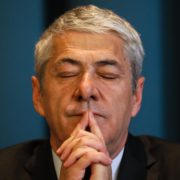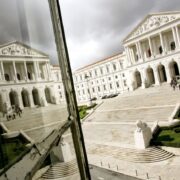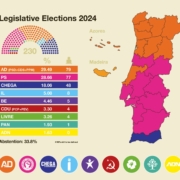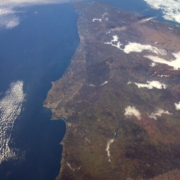Permit
Portugal sells EU citizenship to corrupt millionaires, while thousands of refugees are knocking in vain on Europe’s door.
The waiter in restaurant São Pedro do Estoril speaks with that typical melodious accent. ‘You are right’, Liandro says. ‘I’ am not from here but from Belo Horizonte in Brazil. If I can keep up working in Portugal for five years, I’m allowed to apply for a passport and work all over Europe. The work is good and the people are nice, but I don’t know if I can miss my family back home that long. Deus é que sabe (God only knows).’
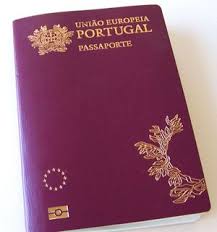 For wealthy people, there is a far much easier way. Portugal’s ‘golden residence permit’ – visto gold – requires an investment of 500,000 euros in property in exchange for permanent residency and visa-free travel through Europe’s Schengen area.
For wealthy people, there is a far much easier way. Portugal’s ‘golden residence permit’ – visto gold – requires an investment of 500,000 euros in property in exchange for permanent residency and visa-free travel through Europe’s Schengen area.
According to the government two-thirds of the more than 5000 ‘golden visas’ – issued since 2012 – have been to Chinese applicants. In recent years however, the number of Brazilian and African investors is rising. The program has already generated more than 3 billion euros.
Real estate has long been attractive to criminals due to the potential to launder large quantities of cash. Last week the British newspaper the Guardian, together with the Portuguese weekly Expresso, published in a leaked document a list of corrupt Brazilian business executives and relatives of Angolan politicians – being accused of bribery – who had secretly bought access to Europe via Portugal’s visto gold scheme.
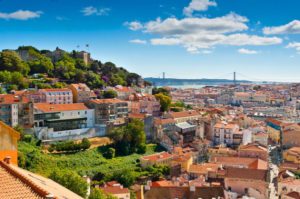 One of them is Otávio Azevedo, former president of Brazil’s second-largest construction company, Andrade Gutierrez. He received an 18-year sentence last year, after admitting a string of corruption offenses. Two years before his arrest he bought a € 1.4 million property in Lisbon and subsequently applied for a golden visa in 2014.
One of them is Otávio Azevedo, former president of Brazil’s second-largest construction company, Andrade Gutierrez. He received an 18-year sentence last year, after admitting a string of corruption offenses. Two years before his arrest he bought a € 1.4 million property in Lisbon and subsequently applied for a golden visa in 2014.
Another is Sergio Lins Andrade, chairman and main shareholder of the same company, who in 2014 acquired a Lisbon property worth € 665,000 through the golden visa program. He is estimated by Forbes to be worth $ 1.5 billion.
Relatives of the Angolan vice president Manuel Vincente – until 2012 chief executive of the country’s state oil company Sonagol – are also mentioned in the document. Vincente faced allegations earlier this year when he tried to bribe a Portuguese magistrate in order to suppress an investigation into corruption at Sonagol.
In a statement, the government said its golden visa scheme ‘strictly follows all legally established security procedures’. The European Commission already announced an investigation into all the golden visa programmes in the EU.
BOM FIM DE SEMANA

